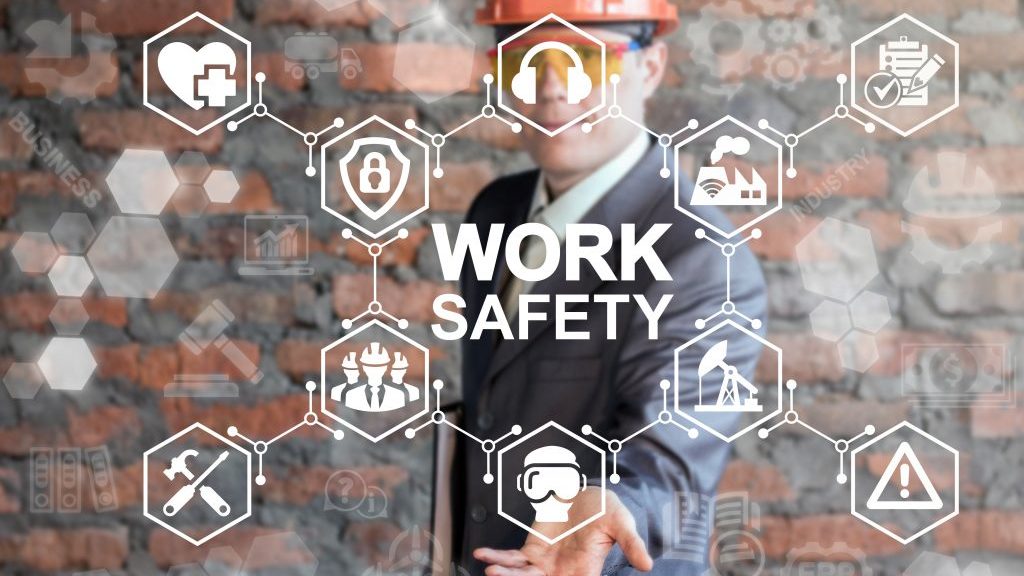Infrastructure Ontario (IO) plans to make changes to its procurement model and some industry stakeholders are concerned that health and safety requirements could be at risk, adding they weren’t consulted.
At an event hosted by the Canadian Council for Public-Private Partnerships (CCPPP) April 25, David Ho, executive vice-president of procurement and program management at IO, provided an update on the policy changes announced by Infrastructure Minister Monte McNaughton at the Infrastructure Investor Global Summit in Berlin in March.
Ho said the organization will be investigating changing its framework for the local knowledge provisions in the procurement process, which set off alarm bells for industry stakeholders. IO later told the Daily Commercial News, “as an initial step in this process, the health and safety components of evaluation that were previously in the local knowledge section have been entirely preserved and merely shifted to the construction experience and qualifications section of the RFQ.”
However, industry stakeholders say it is still not clear what that means, how it will be applied and they want more details on how it will work.
Our members will not compromise on health and safety but it invites them to lose competition to others who will,
— David Frame
Ontario General Contractors Association
“We were quite taken aback,” said Clive Thurston, speaking on behalf of the Construction and Design Alliance of Ontario (CDAO) and the Ontario General Contractors Association (OGCA). “It was surprising, it was disappointing, it was not what we were expecting and we have grave concerns over what we heard.”
In 2012, IO amended its scoring system to include local knowledge provisions, allocating 10 per cent to Ontario contractors with local knowledge or contractors that have gained local experience by working in Ontario.
“Local knowledge has assured professionalism, quality and the safety of our workers working for these firms that come into Canada in the IO process for procurement,” Thurston noted. “It is something the CDAO and the OGCA very specifically lobbied for very hard and worked very closely with the last infrastructure ministry to bring about and for very good reason.”
“Now the problem is our members will not compromise on health and safety but it invites them to lose competition to others who will,” added David Frame, director of government relations for the OGCA.
IO said the changes it is implementing take better account of international experience will not lower health and safety standards on P3 projects, instead it will elevate the emphasis put on health and safety for all IO procurements.
“This will actually increase the impact on health and safety because these points will now count towards a bidder’s minimum score requirements for prequalification,” reads the email. “Previously the local knowledge section did not have a specified minimum score threshold.
“This also makes the evaluation process for RFQs more streamlined and enables sponsors to better adapt overall scoring of the RFQ to the specific asset class – for example, placing greater emphasis in maintenance or operations in a DBFM (design-build-finance-maintain) or DBFOM (design-build-finance-operate-maintain) transaction.”
Mark Romoff, president and CEO of CCPPP, was pleased with what he heard in Ho’s presentation.
“What we heard today is a positive step towards ensuring Ontario continues to stand out internationally as an important and innovative infrastructure leader,” said Romoff. “As they mentioned, they’re not resting on their laurels and past successes. They want to innovate their P3 model to adapt to the changes in the marketplace. This means being open to benefitting from the best global ideas while also continuing to ensure local expertise is valued.”
Thurston pointed out that IO was one of the first to adopt the Certificate of Recognition (COR), a health and safety audit tool and training program granted by the Infrastructure Health and Safety Association.
“Does this mean they’re going to give up COR and they’re going to ease health and safety requirements in the province of Ontario just so foreign companies can come into Canada?” asked Thurston.
“David Ho said that IO ‘overshoots’ health and safety and he tied that to being exclusionary to competition. That is extremely disturbing and it shows a complete lack of understanding of where this industry has been going for the last 15 to 20 years and where we are today.”
He also said that while IO says it held an infrastructure market sounding, the OGCA was not consulted.
“We did the ministers market sounding and I can tell you the messages that we and others from the CDAO delivered to the ministers outreach was absolutely not in line with what we heard today,” said Thurston. “I don’t know who they talked to, maybe it was all those foreign companies but they certainly didn’t talk to the CDAO.”
IO responded, “We have consistently gathered feedback from all of the bidders who are part of our program and have always followed a principle of piloting changes to test for market concerns and feedback. We are pleased that the changes to local knowledge described here were piloted in the RFQ for the Go Expansion On Corr project and the changes were positively received.”
Thurston also said he is also getting conflicting messages from other agencies they work closely with such as Metrolinx.
“Every meeting we have been to with Metrolinx, and Infrastructure Ontario is at those meetings, we have been told over and over again, safety is the number one issue and that Metrolinx intends to be the leader when it comes to health and safety,” Thurston noted. “I have one partner saying health and safety is the thing we will not compromise, we’re going to be the leaders. The other partner is saying it’s not that important let’s just ‘overshoot’ it, it’s too much. I do not understand why we the professionals who actually do the work, design it, engineer it and build it have been shut out through this whole thing.”











Recent Comments
comments for this post are closed